Displaced people return to south Lebanon after Hezbollah-Israel ceasefire; deal hailed as ‘victory’ for resistance
Thousands of Lebanese, who had been displaced from the country’s southern areas due to intense deadly Israeli attacks, are returning home as Israel accepted ceasefire with Hezbollah after suffering heavy losses in recent months.
On Wednesday, the day when the agreement took effect, Lebanon’s al-Mayadeen television network said the refugees were on their way back, despite so-called warnings by the Israeli military that they had to stay away from the southern areas.
The capital Beirut, meanwhile, played host to jubilant crowds and celebratory gunfire.
The network said Israeli spy drones had also left the capital’s airspace, but the Israeli military alleged that its forces had remained on the border areas between Lebanon and the occupied Palestinian territories.
Other reports confirmed the refugees’ return, saying hundreds of cars had made their way into southern Lebanon.
Lebanese South highway jammed with cars since the early morning hours as people are determined to return to their towns and cities despite the destruction. pic.twitter.com/llQ0kW2l8U
— Palestine Highlights (@PalHighlight) November 27, 2024
Various regional resistance factions have hailed the development and emergence of the agreement as a victory for the regional Axis of Resistance.
Earlier in the day, Israeli prime minister Benjamin Netanyahu announced that he had backed a ceasefire deal after convening his "security cabinet" to discuss the relevant proposal that had been put forward by the United States and France.
A day earlier, however, he had said, “We will maintain full freedom of movement… if Hezbollah moves rockets into position, we will attack.”
The deputy head of the Lebanese resistance movement's Political Council, Mahmoud Qamati, also asserted, “We doubt Netanyahu's commitment, who has accustomed us to deception, and we will not allow him to pass a trap through the agreement.”
“We must scrutinize the points that Netanyahu agreed to before signing the agreement tomorrow.”
The Israeli regime began taking Lebanon under intensified deadly aggression last October after launching a genocidal war on the Gaza Strip. The aggression has claimed the lives of at least 3,768 people, including 42 who perished across the country on Tuesday, besides wounding 15,699 others.
Hezbollah has been responding with hundreds of successful retaliatory strikes against various sensitive and strategic military targets across the occupied territories, while fending off Israeli forces’ attempts to advance on southern Lebanese areas.
The movement recently announced killing more than 100 Israeli troops and injuring upwards of a thousand others during the strikes.
Observers consider the triumphant strikes to be the main reason behind Tel Aviv’s approval of the deal.
Describing the operations, a resistance media outlet said, “The Zionist army, in spite of its destructive capability and bloodthirsty practices, found itself unable to dismantle the steadfast resistance, born from and consisting of the unbreakable righteous people of Lebanon.”
Hezbollah, itself, issued excerpts of a 2006 speech by its late secretary general Sayyed Hassan Nasrallah, who was assassinated during intense Israeli attacks against Beirut in September, in which he had asserted that the movement or its fellow Palestinian resistance factions could not be eliminated.
"You will never be able to do so...because the resistance is, first and foremost, the people, a people who possess faith, willpower, confidence in victory, who love martyrdom, and who reject humiliation and disgrace."
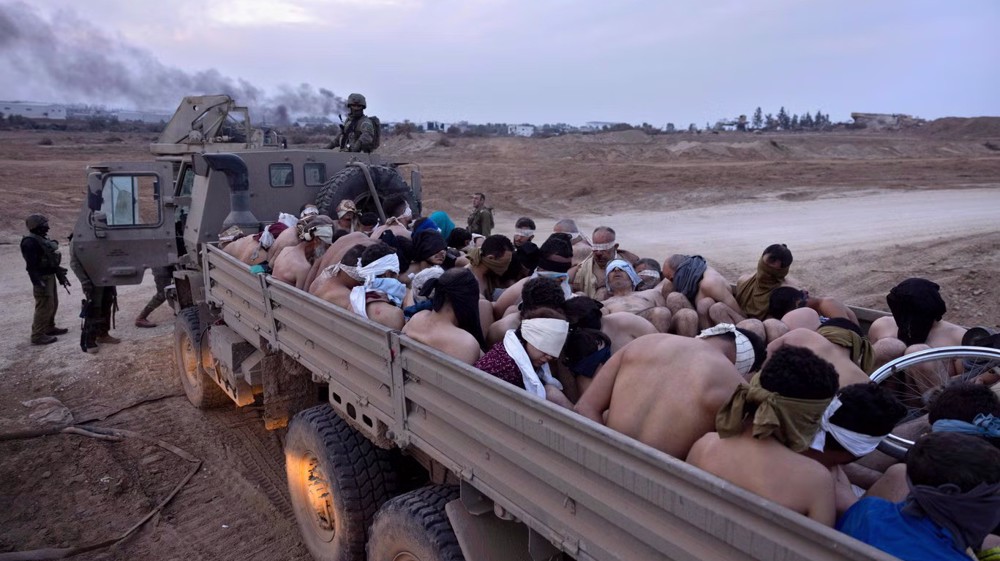
Palestinian abductees tell of brutality, rape in Israel's ‘torture’ jails
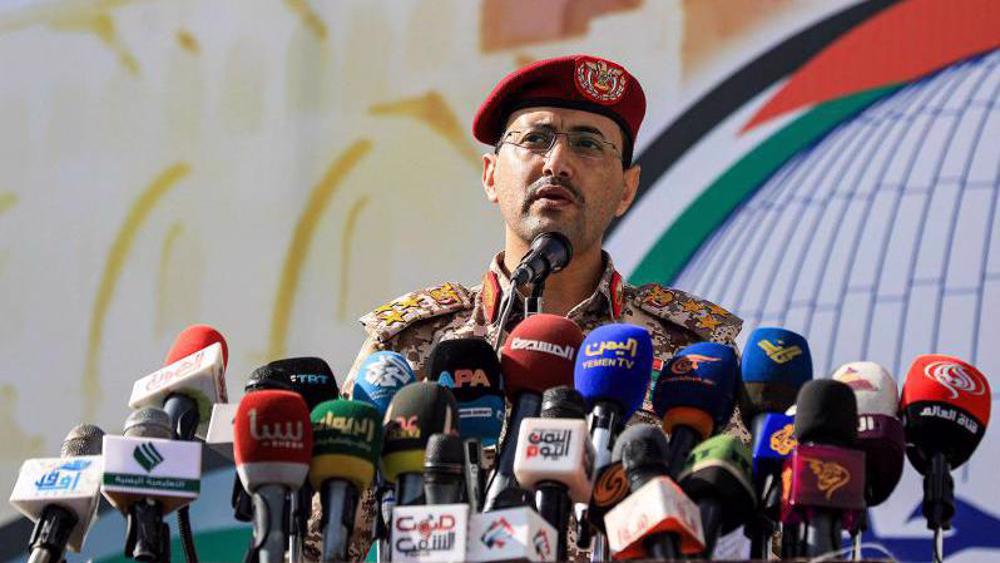
Yemeni army conducts three separate attacks on US warships in Red Sea
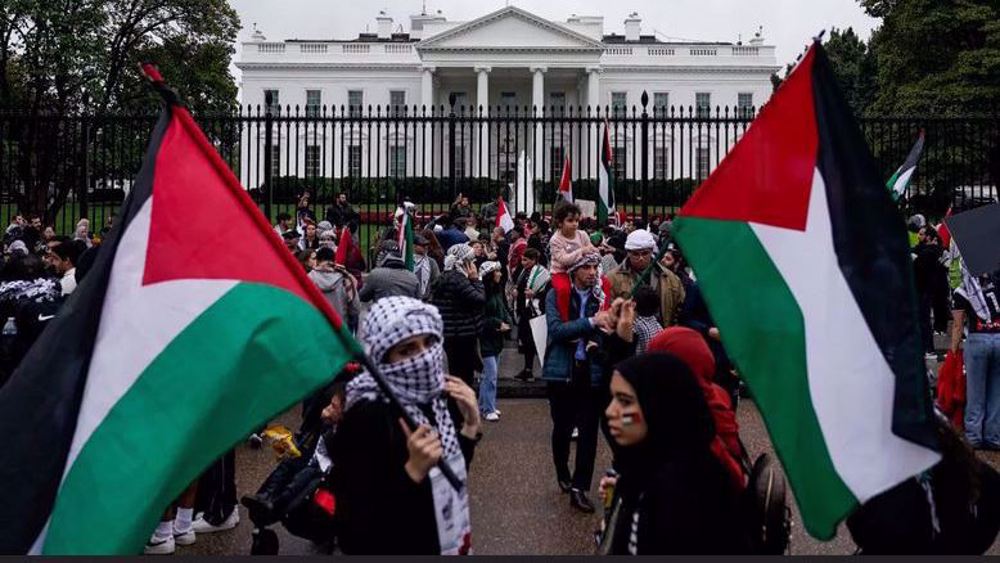
Zionist groups use facial recognition tech to identify pro-Palestine activists: Report
Eid al-Fitr celebrated in Iran, other countries as holy month of Ramadan comes to a close
VIDEO | Land Day protest in New York for Palestine
VIDEO | Press TV's news headlines
VIDEO | Austrian petition demands expulsion of Israeli envoy
American warplanes bomb Yemeni capital 13 times
VIDEO | Palestinians mourn loved ones on day of Eid
Defying ICC arrest warrant, Hungary scheduled to host Netanyahu
VIDEO | 'Israeli regime deliberately targets health workers'


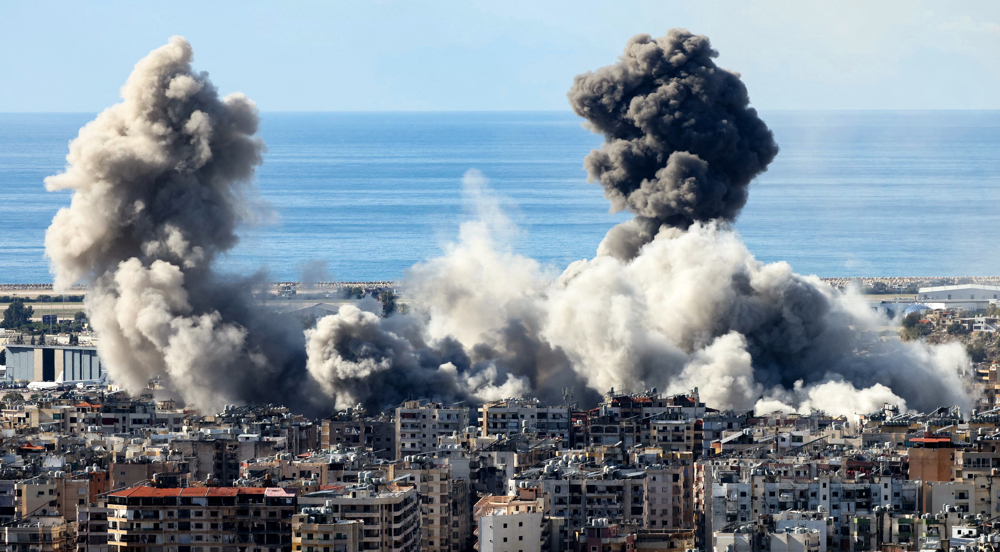
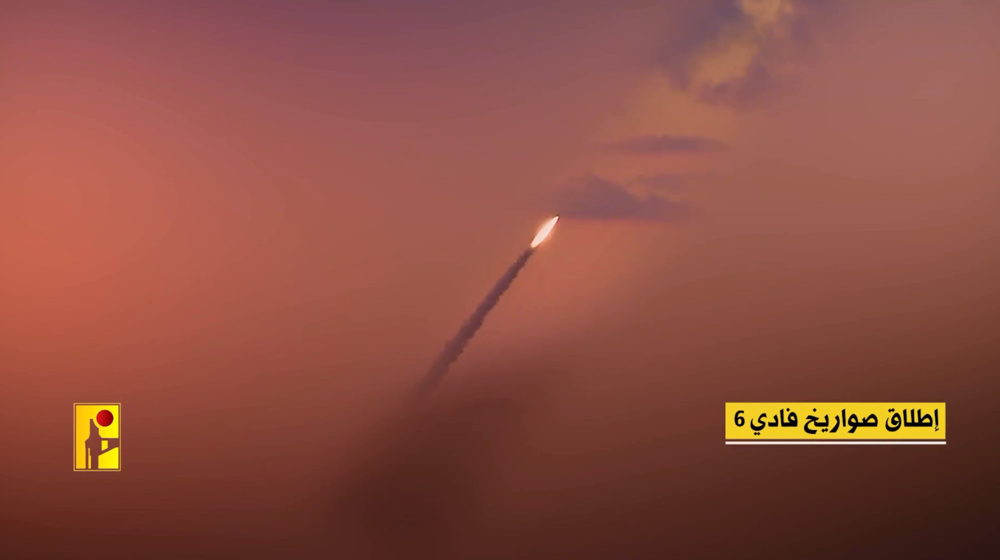



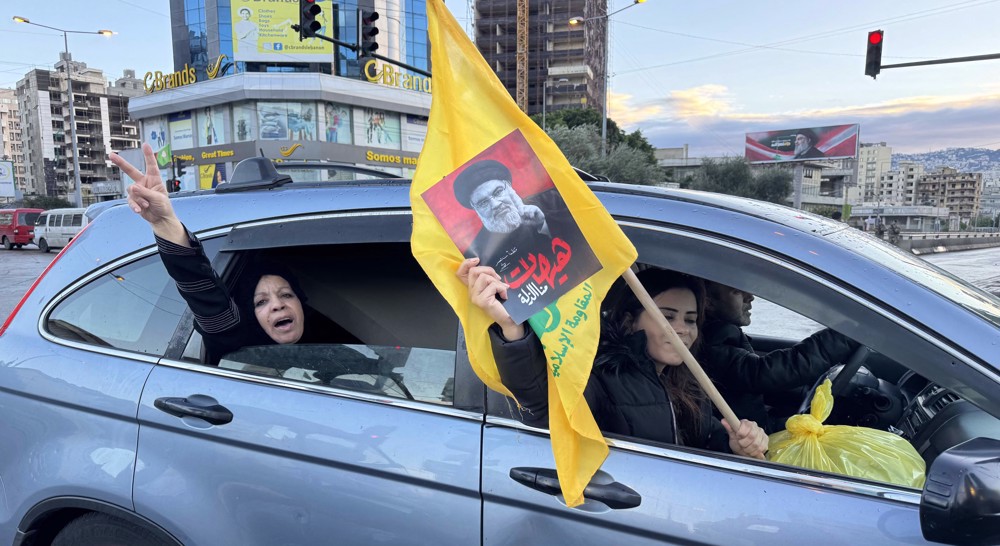
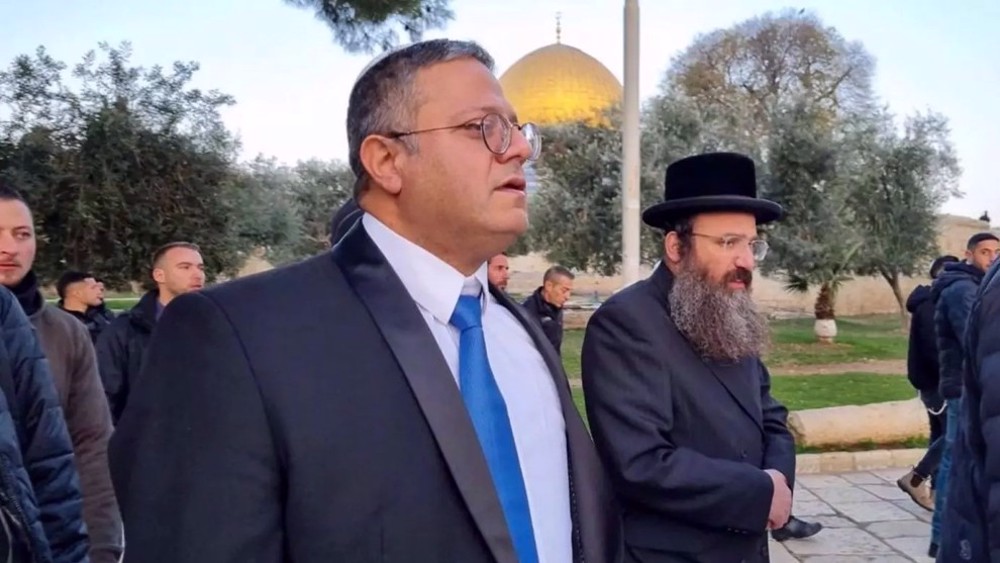
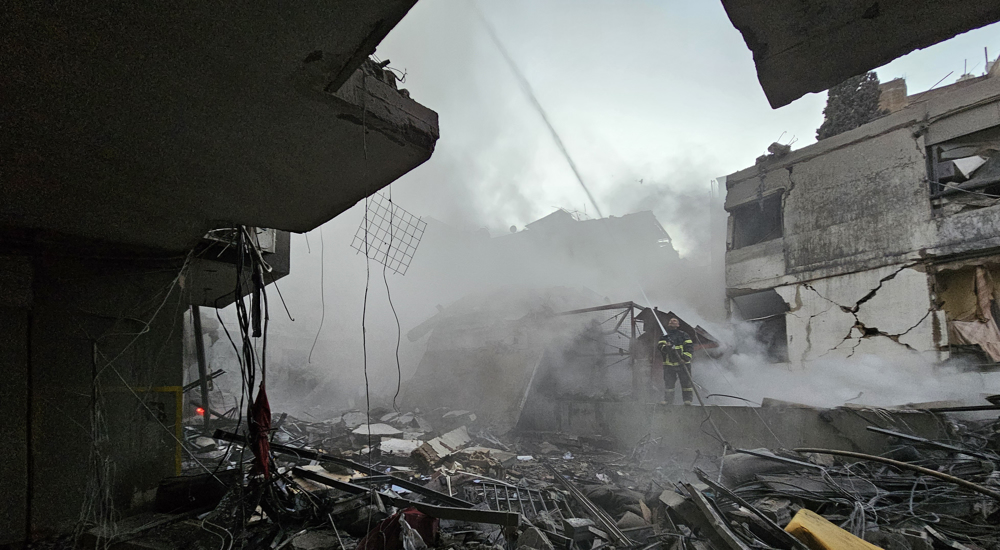

 This makes it easy to access the Press TV website
This makes it easy to access the Press TV website